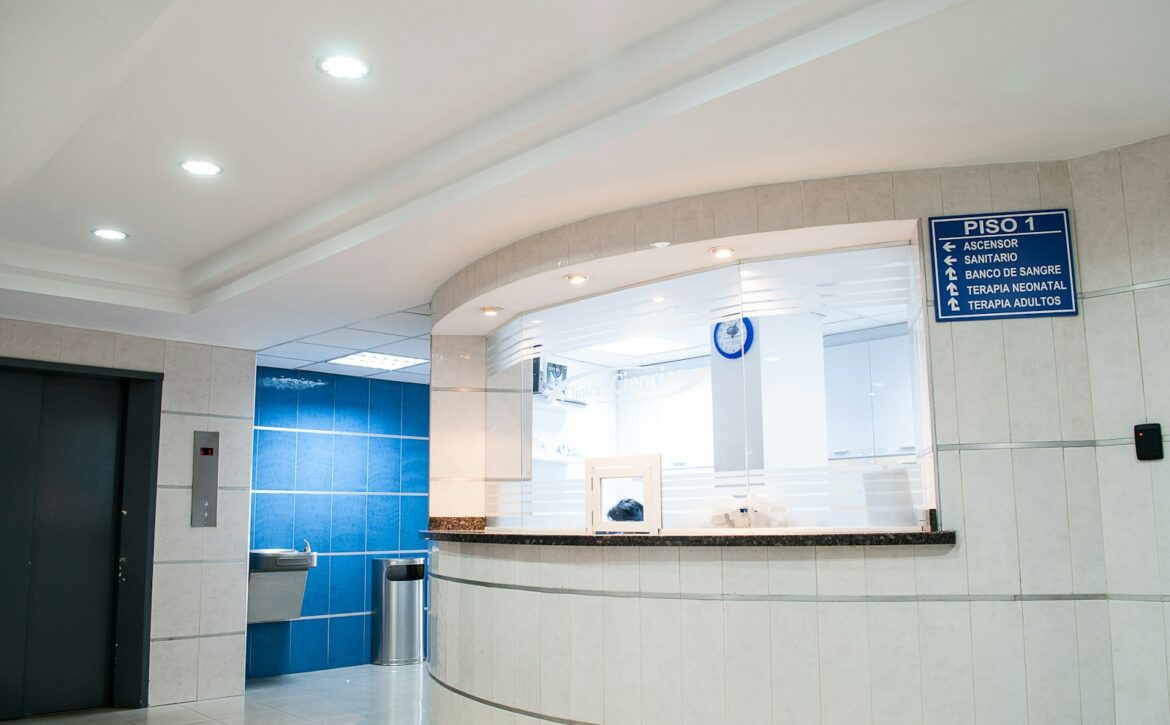Wound care practices deal with time-sensitive treatments, specialized procedures, and recurring patient visits. That complexity extends into the billing process, where even a minor error can cause delayed payments or lost revenue. Accurate wound care billing means navigating complex CPT codes, ensuring complete documentation, and staying up-to-date with payer guidelines.
At AMS Solutions, we partner with wound care clinics to simplify the billing process, reduce denials, and ensure every treatment is reimbursed appropriately.
The Unique Nature of Wound Care Billing
Unlike other specialties, wound care often involves:
- Recurring Treatments: Patients may need multiple visits per week, requiring careful tracking to avoid duplicate claim denials.
- Procedure-Specific Codes: For example, surgical debridement (11042–11047) requires precise coding based on wound depth and size.
- HCPCS Supply Billing: Dressing materials, grafts, and negative pressure wound therapy devices often require separate billing under HCPCS.
Common Pitfalls in Wound Care Billing
- Incorrect Size Documentation: Wound measurements must be exact, as CPT coding changes depending on the size treated.
- Missing Modifier Use: Modifiers like 59 or XS may be needed to indicate separate sites or sessions.
- Failing to Link ICD-10 Codes Correctly: Diagnoses must be specific (e.g., L97.312 – non-pressure chronic ulcer of right foot with fat layer exposed).
- Underbilling Supply Costs: Many practices lose revenue by not billing for dressings or devices when allowed.
Best Practices for Wound Care Revenue Cycle Management
- Accurate and Timely Documentation: Ensure every detail—location, size, depth, and stage—is recorded at the time of service.
- Code to the Highest Specificity: Use exact ICD-10 codes and match them with correct CPT/HCPCS codes.
- Leverage Software Tools: AMS Solutions uses advanced claim scrubbing to catch errors before submission.
- Audit Regularly: Periodic reviews can uncover missed revenue and compliance risks.
Why Partner with AMS Solutions for Wound Care Billing
We offer:
- Specialized Billing Knowledge: Our team understands the nuances of wound care reimbursement.
- Reduced Denials: We track denial trends and address them proactively.
- Optimized Collections: Faster payments and higher first-pass acceptance rates.
- Compliance Focus: Always aligned with CMS and payer guidelines.
Accurate wound care billing means fewer delays, better cash flow, and more time for patient care. AMS Solutions ensures wound care providers get paid for every service they deliver.








